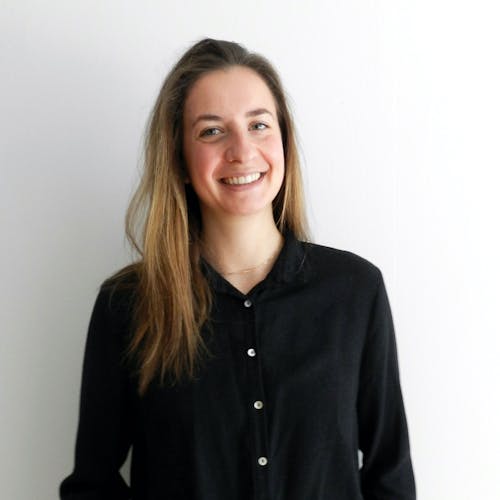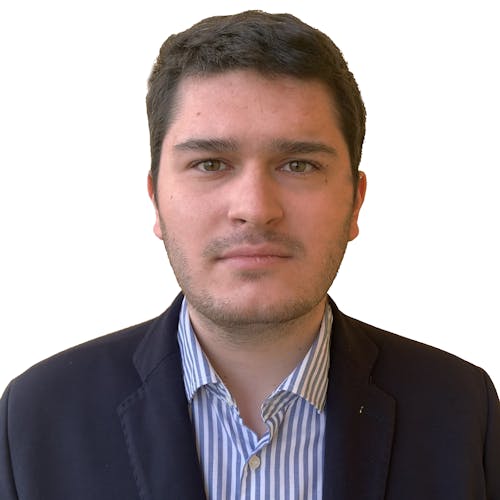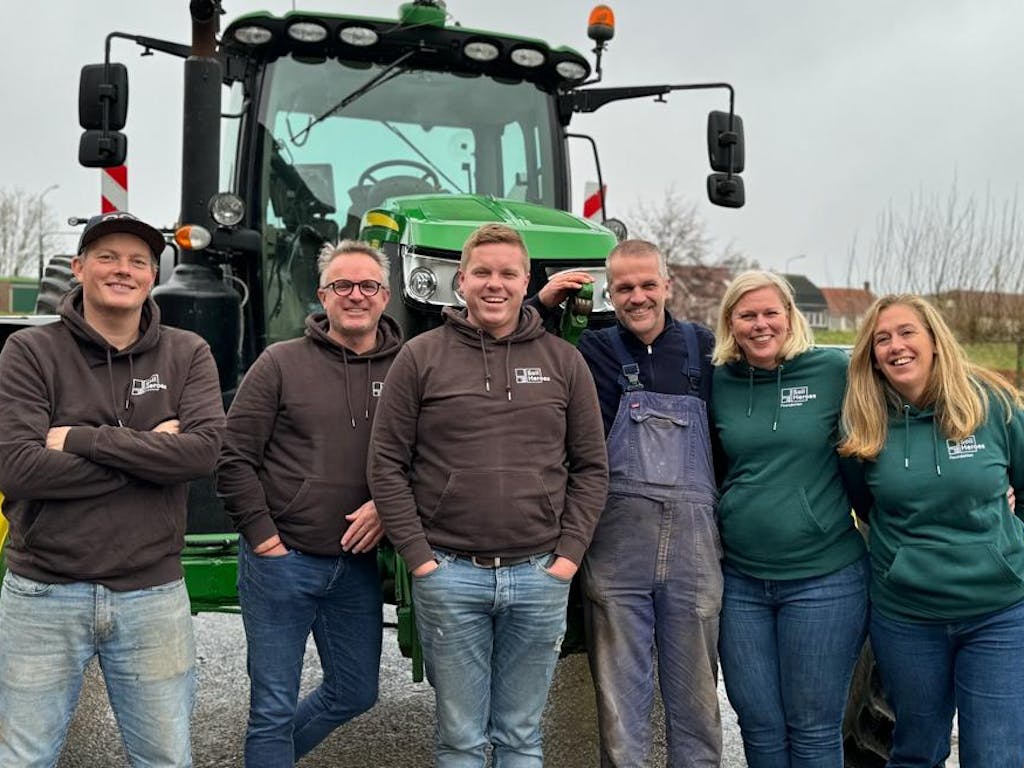Introduction
As part of our ongoing series on farmers embracing regenerative and climate-friendly agriculture, Europe Jacques Delors analysts Sophia Caiati and Andrea Pratelli meet Kylie Magner, founder of Magners Farm in Ireland’s "Golden Vale", a region known for its green pastures and its fertile land. Kylie is an eighth-generation farmer who grew up on a mixed farm in Australia. After studying for a Bachelor of Business in Agricultural Commerce at Sydney University, Kylie undertook work in various marketing and equestrian roles from Sydney to Japan before landing in Ireland. She and her family have embraced regenerative agriculture as a way to produce high-quality food through ethical and sustainable practice.
Sophia: Regenerative agriculture has been quite a buzzword over the past few years. We were wondering what your definition of regenerative agriculture is, and what it means to you?
Kylie: To me, regenerative agriculture is all about farming in harmony with nature. The central principle is to do no harm – whether to the soil, animals, plants, or even yourself and your community. I think people often misuse the term for greenwashing purposes, especially because it’s not regulated. But when you strip it down to its essence, regenerative farming is about working with nature rather than against it. It’s about nurturing ecosystems rather than exploiting them.
To me, regenerative agriculture is all about farming in harmony with nature. The central principle is to do no harm – whether to the soil, animals, plants, or even yourself and your community.
Sophia: It’s interesting that you emphasise the idea of working with nature. On a more personal note, how did you get started in regenerative farming, and could you tell us more about your farm in Ireland?
Kylie: I was lucky enough to grow up on a farm in Australia where we produced most of our food ourselves: sheep, cattle, vegetables. After years of working in the bloodstock industry (that is the breeding and training of racehorses) and raising children, I realised I wanted my kids to know where their food came from and to have that connection with the land. We started small, with just 10 hens, and soon we had more eggs than we could eat, so we started selling them. As the hens moved across the land, I noticed how they improved the soil, and that sparked something. We added sheep and cattle, and the farm just kept thriving without chemical inputs. The whole process was incredible, the more animals we added, the more bountiful the farm became. We realised that we were using no inputs apart from the feed for the chickens and the pigs, and the land just was blossoming right before our eyes. It was almost magic. It was a true revelation really seeing how the land responded and became more productive.
We realised that we were using no inputs apart from the feed for the chickens and the pigs, and the land just was blossoming right before our eyes. It was almost magic.
Andrea: It sounds like it was a progressive evolution, but were there any major economic or social challenges when you started regenerative farming?
Kylie: Oh, absolutely. The economic challenges were particularly tough. We didn’t have any seed capital to begin with, so I built the nesting boxes for the hens myself using scrap wood from a lumber yard. I remember driving there with just €15 and asking what I could get. Financial institutions didn’t really take us seriously because regenerative farming, especially on just 19 acres, was seen as unviable. People kept telling me it wouldn’t work, even though I had a well-thought-out business plan. They couldn’t understand how we could make money on such a small piece of land. It was hard convincing them that it wasn’t about scaling up in the conventional sense, but rather about working smarter with the land we had. Despite the initial struggles, we eventually became profitable, and that was the turning point.
People kept telling me it wouldn’t work, even though I had a well-thought-out business plan. [...] It was hard convincing them that it wasn’t about scaling up in the conventional sense, but rather about working smarter with the land we had.
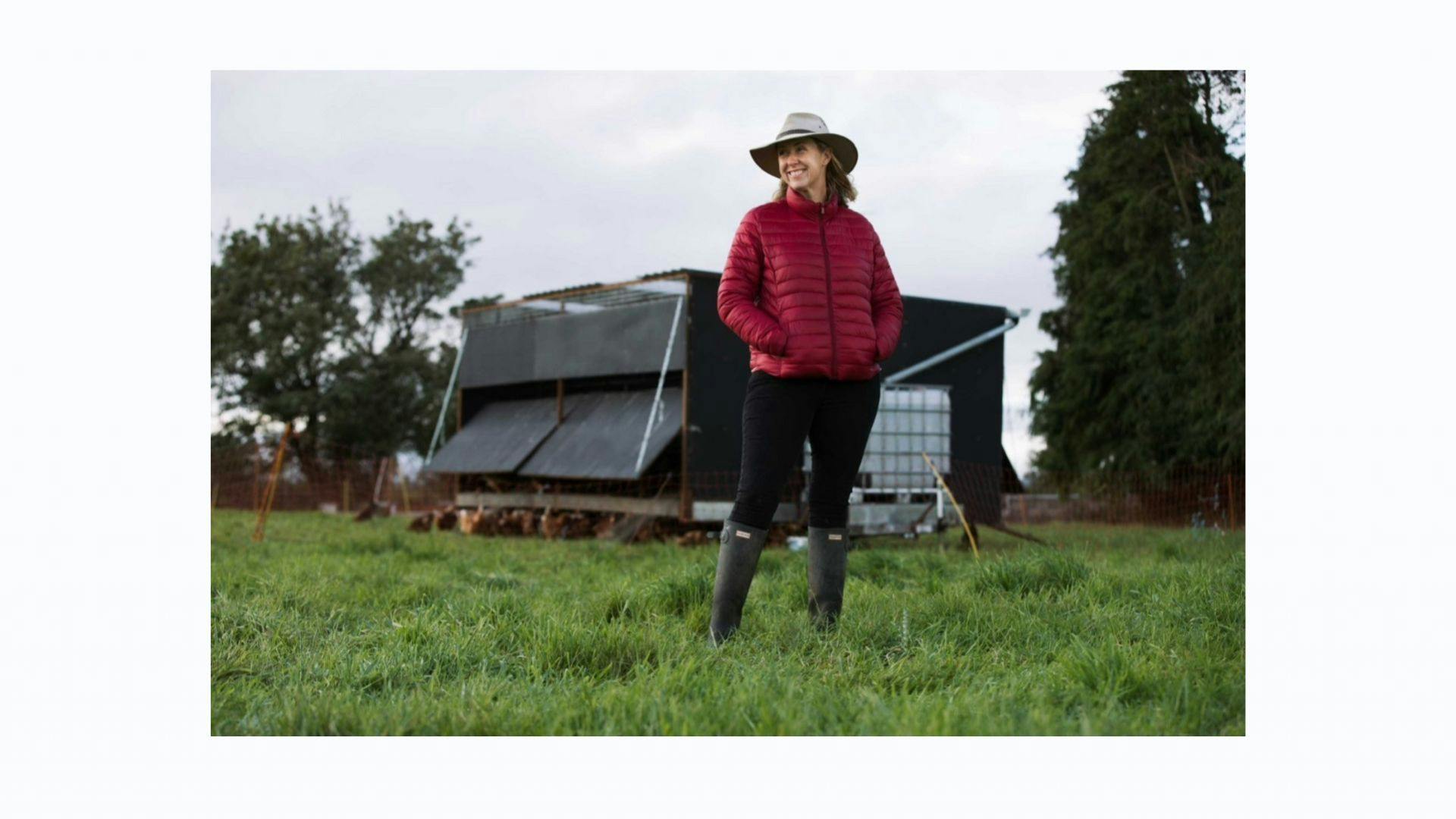
Andrea: What kind of economic incentives or policies do you think could help more farmers transition to regenerative practices?
Kylie: I think it’s essential to provide farmers with a clear blueprint—showing them what works and, crucially, what’s financially rewarding. Farmers need to see real data and examples of how regenerative practices can be economically viable. Access to capital is another big issue. The reality is you need some capital to get started. In Ireland, the Local Enterprise Office (LEO) was very supportive, offering us mentoring and helping with things like marketing and logo creation. I even got a microfinance loan through them. But even with their support, they didn’t fully understand our concept. Maybe I didn’t explain it well enough, but they couldn’t wrap their heads around why someone would want to make a living on less than 20 acres. In today’s world, the focus is on expanding and using bigger equipment—for them it felt like we were going backwards.
I think it’s essential to provide farmers with a clear blueprint—showing them what works and, crucially, what’s financially rewarding
Sophia: You mentioned resistance from financial institutions. Did you also face pushback from other farmers?
Kylie: Definitely. There was scepticism, especially since I wasn’t Irish and didn’t have family ties in the area. I was just seen as that "mad Aussie" doing weird things on the farm. I remember walking through the paddock with a neighbour, sharing my plans for the farm. I joked, “soon the neighbours will wonder what that Aussie is up to”. He laughed and said, “They already think you’re a little bit crazy—anything else is just icing on the cake”. But I wasn’t too bothered by it. I was confident in what we were doing, and eventually, the results spoke for themselves. After three years, we were turning over six figures, and most of that was profit because we weren’t relying on expensive inputs. When I won the Newbie EU Farmer of the Year award for Ireland, which included submitting our financials, people started taking note. The same neighbours who had been sceptical began to see that maybe there was something to this way of farming.
After three years, we were turning over six figures, and most of that was profit because we weren’t relying on expensive inputs.
Andrea: You’ve mentioned economic data, but how do you measure the success of your practices in terms of environmental impact? This is an important topic here in Brussels, especially with the resumption of negotiations on the soil monitoring law. Do you collect data, or do you assess your soil health more intuitively by observing changes in the soil?
Kylie: Measuring environmental impact is tricky, but you can see it in the health of the land. The variety of grasses increases, and the soil becomes more fertile. We went from having three types of pasture plants to over 60 in just a few years. Our animals are healthier, and so are we – there’s a noticeable difference when you’re out in the fields every day, breathing fresh air, and eating food that’s been grown naturally. We’ve started working with a group in Australia that follows more formal monitoring methods, but I still think the soil is too complex for us to fully understand. We’re learning more about it every day, but the improvements we’ve seen on the farm are undeniable.
We went from having three types of pasture plants to over 60 in just a few years. Our animals are healthier, and so are we.
Sophia: How could a conventional farmer who’s interested in regenerative practices start transition to a regenerative approach?
Kylie: My advice is always to start small. It doesn’t have to happen overnight, and you don’t need to have it all figured out at once. You don’t have to go “cold turkey" from conventional farming. Try regenerative practices on a small part of your farm or consider reducing one input. Even attending a two-day conference and talking to other regenerative farmers can be inspiring. You’ll hear stories that make you think, “I could try that” or “I could cut back on herbicides”. It’s about taking small steps, getting a glimpse into regenerative farming, and being kind to yourself through the process.
It’s about taking small steps, getting a glimpse into regenerative farming, and being kind to yourself through the process.
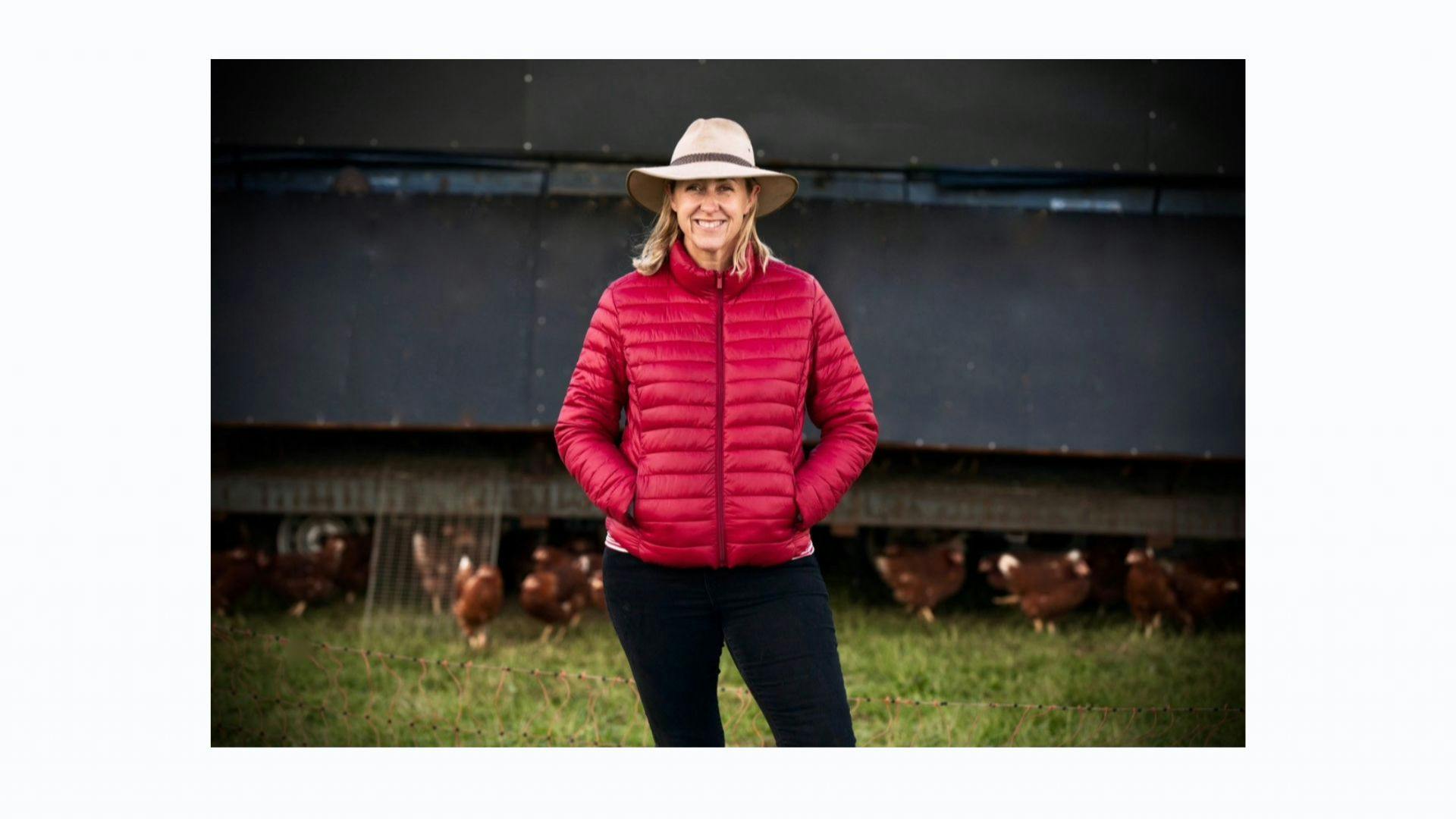
Sophia: Finally, given everything you’ve said, do you think regenerative farming can be scaled up across the agricultural sector?
Kylie: I believe it can, but it requires a shift in mindset. Farmers have lost the intuition they once had, worrying about what their neighbours think and fearing failure. They’ve become disconnected from the land, relying on seed and herbicide companies instead of trusting their own judgment. I believe with the right coordination and dedicated people leading the way—those fully committed to this approach—it could work. But as we've seen with the farmers’ protests, people resist being told what to do, even if it's environmentally better, because it often requires change. And then there are multinational companies opposing it, knowing that adopting these practices would hurt their profits.
Also, consumers need to be better informed about the impact of their choices. There’s this misconception that certain products, like oat milk, are automatically better for the environment, but when you look at the production process, it’s not that simple. Educating consumers so they can make informed decisions is just as important as supporting farmers. People need to understand the real cost of what they’re buying, rather than just believing clever marketing strategies.
Educating consumers so they can make informed decisions is just as important as supporting farmers.


